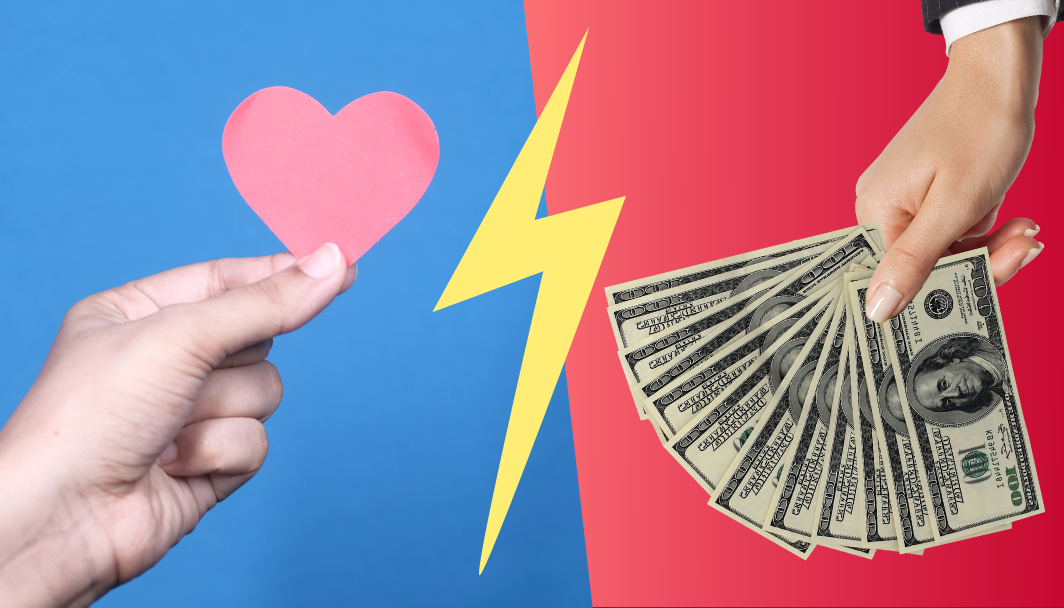A waiter asks you what you want. You tell him exactly what you crave and within minutes a full meal of delicious salads, drinks, and desserts, just as you please, is served in front of you. People love to go out and receive acts of service and it comes in many forms such as when you decide to eat out, check-in at hotels, book a spa treatment, a manicure, and all those other comforting and appreciated practices that you love. But how come we value these experiences and why do we like it when others work hard for us? Is it just to save time and receive friendly treatment or does it cover a greater need than that?
The factor of time definitely plays a great role. When you order food you automatically save the time and trouble of you having to do it yourself. Moreover, it is probably someone else who is better and faster, who will be completing the activity for you. Yet, it seems there is a change in people’s behavior towards this, as it is for instance reported in Denmark how more and more households order take-away. Similarly, the popularity of subscriptions to food boxes that arrive at your door every week, with all the ingredients you need, is also growing.
Apart from people feeling increasingly stressed there seem to be other motivational factors that play in. The simple feeling of comfort that arises when you know that someone did something for you might be an answer. When you go out to eat something nice, it is as if you order yourself a little treat that someone else prepared for you. The same goes for ordering that coffee rather than making it yourself. Fundamentally, we are allowing ourselves to feel as if we receive kindness from something we bought.
This comes in very handy when you are on the run and need quick accommodation, drinks, or help. However, it places us in a situation in which we work hard in order to be able to buy ourselves nicer and sweeter treats. As brands try to offer good customer service to add value to their brands, it could even be translated into them knowing that this is you treating yourself, so the bigger the sweet the more likely it is you will come back for more. Essentially, you do not receive a gift from someone, you buy it yourself.
In that regard, it is the mere act of you being nice to yourself rather than it is the actual coffee that matters. It raises the question of whether we are in a time where we no longer provide kindness to each other, so instead, we have to buy it ourselves?
I notice I have started valuing these experiences more and enjoy going out for food, drinks, and other things. Visiting restaurants and cafés is no new thing for me, however, it seems that they play a greater role for me now. This observation makes me think that human acts of service have decreased for me while living abroad by myself and now suddenly treats have to be bought. Which demonstrates how these services do indeed provide us with feelings of comfort and friendliness that we might be lacking elsewhere.
Cooking a meal for someone, creating something they like, painting their nails, or making them coffee in the morning are all possible acts that could replace the need to buy treats yourself. If you had already received a cup of coffee from the flask your friend had made in the morning, would you feel the same need to buy it yourself? Or would you rather bring a piece of fruit in exchange or make sure that you had extra snacks so your friend could get some too?
Maybe we should consider if it would be nicer to buy the treat for someone else. In this way, you would be providing someone else with something you think they deserve and likewise, you might get kind acts in return. This way, gifts would become a surprise again. I am not suggesting you should stop buying services whatsoever, but we might want our kindness to stay between humans and not be completely replaced by other industries.
Author: Monique Veni Jørgensen
Editor: Phoebe Elliott
Visuals by: Ira Lizenko


